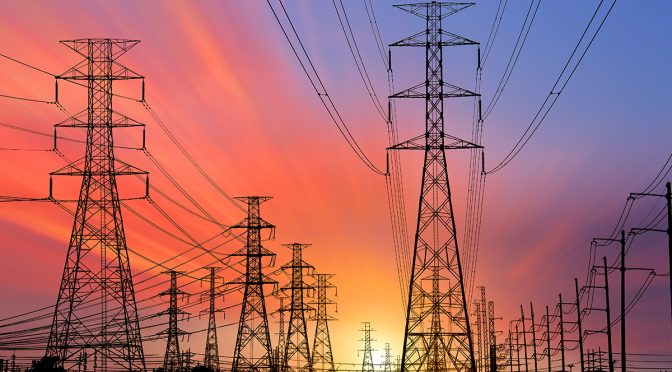On 28 November the EU Commission launched an Action Plan for Grids – a 14-point plan to modernise Europe’s electricity grid and prepare for the renewables-based electrification of the energy system. It says €584bn of new investments are required by 2030 to upgrade Europe’s grids. Absolutely. And these investments can’t come soon enough. The current grid can’t accommodate the renewables that now want to connect. And electricity demand is set to grow by 60% by the end of the decade. The 26 February Clean Transition Dialogue hosted by Executive Vice-President Maroš Šef?ovi? and the 25 March High-Level roundtables on Grids hosted by ENTSO-E both showed grids are at the top of the EU political agenda.
Delayed grid connections are now one of the main bottlenecks to the expansion of wind energy the EU wants. The new Action Plan will fix many structural issues. But urgent action is needed on the very long grid connection queues. The Plans also lacks detail on how Member States should reserve grid capacity for strategic net-zero technologies.
First though, let’s be happy. There are lots of good things in the Plan. Such as on the reinforcement of long-term network planning. Mandating ENTSO-E to identify what’s needed for onshore and offshore grids including storage, optimisation and hydrogen infrastructure – that’s good. The build-out of the grid needs proper top-down planning. And better coordination between stakeholders and between policy-makers and regulators at EU and national level.
The focus on anticipatory investments is also good. The ongoing Electricity Market Design reform already enshrines this. The new guiding principles for anticipatory investments – and for cross-border cost sharing for offshore projects – will help system operators get a head start on investments. And this is so important given the long lead times for projects.
The Plan says the European Investment Bank (EIB) will identify financing tools to support grid investment. Good. One thing that’s needed here asap is counter-guarantees for big infrastructure projects. With growing volumes the private banks are reaching the limit of how exposed they can be to individual manufacturers. A public bank such as the EIB needs to offer counter-guarantees.
It’s also good the Commission want to focus more on supply chain standardisation for grids. The grid equipment supply chain which produces things such as substations, transformers, cables and switch gears needs massive expansion. The planned alignment on product specifications by the end of 2024 will need to be done in very close cooperation with the grid technology manufacturers and relevant stakeholders. And TSOs need to be given clear incentives to procure standardised equipment.
Crucially, the Plan recognises that those building renewables need better visibility on available grid capacity. And that they need more capacity more quickly. It’s good that ENTSO-E and the EU DSO Entity will establish harmonised definitions for available grid hosting capacity. However, serious action is needed asap. to tackle the huge and growing queues of renewables that are waiting for a grid connection. The system operators in Europe need help here. Some of them have connection queues of hundreds of GW of wind and solar projects.
The main problem is there’s very little filtering of grid connection requests. System operators should be giving priority to those projects that are the most mature, strategic and likely to be built. If they treat every connection application equally the speculative projects mess things up for the good ones. It’s good the Commission calls on Regulators to address speculative requests and to disincentivise connections for weaker projects. It should also give clear guidance to Member States on how to deal with the issue.
Also, different technologies have varying development and permitting times. The Commission needs to guide Member States on how to move away from the “first come, first served” approach and make sure the necessary grid capacity will be reserved for all the technologies we’re going to need to decarbonise electricity.
WindEurope CEO Giles Dickson said: “This is a good Plan that understands there’s no energy transition without massive investment in power grids. But urgent action is needed to tackle the huge queues of wind & solar that have applied for a grid connection – filter out the speculative projects and prioritise the good ones.”
Read about offshore wind build-out Read WindEurope’s recommendations on Power Grids


